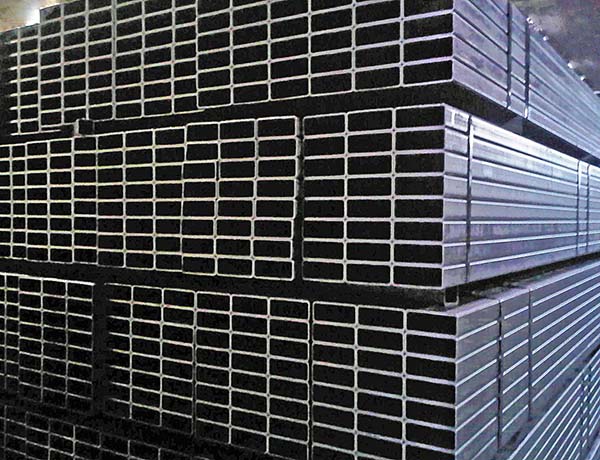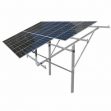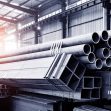Structural tubing
It is worth nothing that various structural materials have their own intrinsic value and serve their own distinct purpose. However, most people do not even notice structural tubing. Do you know what is structural tubing? Actually, it is an integral part of everyday life and it is widely used in all walks of life especially in construction industry ranging from shopping carts to solid steel. Structural tubing, as a sturdy alternative to solid steel such as black steel pipe, plays a significant role in building structure. There are different shapes and metals, which turns into a prosperous steel pipe market.
Structural tubing is a hollow pipe which is formed from hot rolled metal coils provided by related factories. Steel pipe manufacturers can produce a great variety of steel pipe shapes needed for different customers. After purchasing steel coils, it will be cut into proper size preset by customers and then folded into suitable shape for steel tube. In order to form a single, solid piece of steel tube, workers should adopt the method of welding which can form a combination of the two sides. A complete tube comes into being through welding, then a variety of chemicals should be added to the structural tubes to against natural and unnatural elements.

The raw material of structural tubing is not confined to steel. They can also be made from other materials such as aluminum, carbon, alloy, along with brass useful for specific project. As you know, aluminum is very popular among customers because of its lightweight strength as well as competitive price. Besides, alloys are highly resistant to the elements, which is also a good option for buyers. Steel pipe price is different because of their shapes or sizes. No matter the shape or size of the structural tubing is, they are chemically coated with a layer such as zinc layer to improve performance and enhance their lifespan. As steel pipes are likely exposed to nature for prolonged periods of time, chemical processing is imperative for them.
Circular or tubular shape is well familiar to us, for it is the most common shape for structural tubing. Round steel pipe come in a wide variety of sizes so as to fit into a variety of industry modes. In addition, structural tubing can also comes in square shape, rectangular even oval shapes which are all determined by project and steel pipe market. Do you have any detailed questions about structural tubing?
Tel: +86 18202256900 Email: steel@tjdpbd.com










